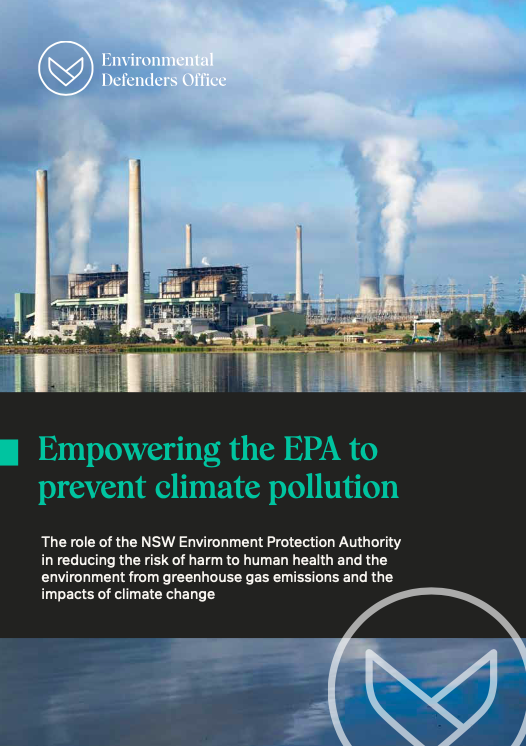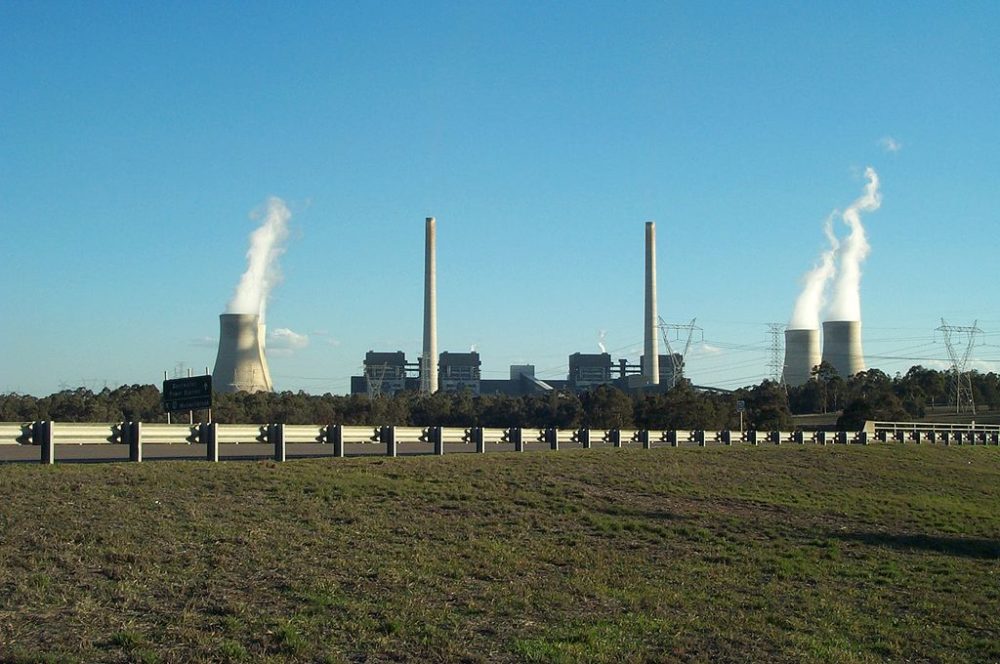In our new report, Empowering the EPA to prevent climate pollution, EDO examines how the NSW EPA can put in place mechanisms to reduce greenhouse gas emissions using its existing powers to control pollution and waste, recognising that uncontrolled emissions will have significant consequences for the environment and human health
Anthropogenic climate change is having significant impacts in Australia and across the globe.
Australia’s average annual temperature has warmed by around 1.5°C since pre-industrial times, and the best available science tells us that average temperatures are projected to rise further.
Australia is already experiencing the impacts of climate change, which include increasing temperatures, the warming and acidification of oceans, sea level rise, decreased rainfall in southern parts of the country and increased and more extreme rainfall in the north, longer dry spells, greater number of extreme heat days and the long-term increase in extreme fire weather. The impacts of climate change are not just environmental. There are other significant implications, including social and economic impacts, across all sectors including health, tourism, agriculture, infrastructure and national security.
Urgent and rapid reductions in greenhouse gas emissions is required, consistent with efforts to limit global average temperature rise to 1.5°C above pre-industrial levels. The longer emissions reductions are delayed, the more pronounced and severe the effects of climate change will become.
The NSW Environment Protection Authority (EPA) is the lead environmental regulator in NSW and is responsible for protecting the quality of our environment and human health. In line with its key objectives and functions, the EPA can and should regulate GHG emissions using its existing powers to control pollution and waste, recognising the catastrophic consequences of uncontrolled emissions on all aspects of the environment and on human health. In doing so, the EPA would modernise the regulatory framework and set price signals consistent with the polluter pays principle, assisting in an orderly transition to a zero-carbon economy.








